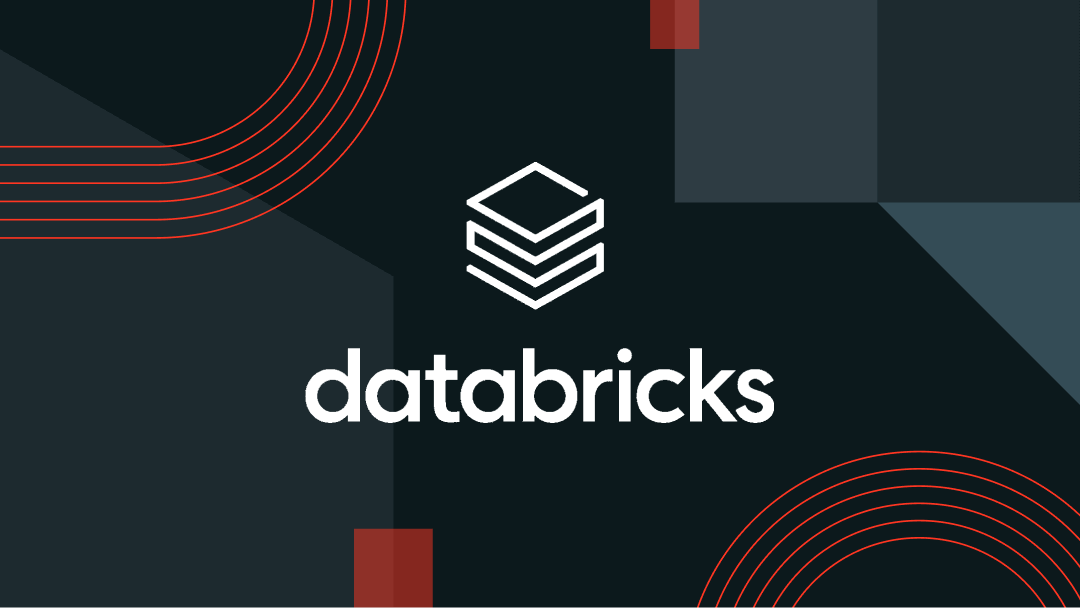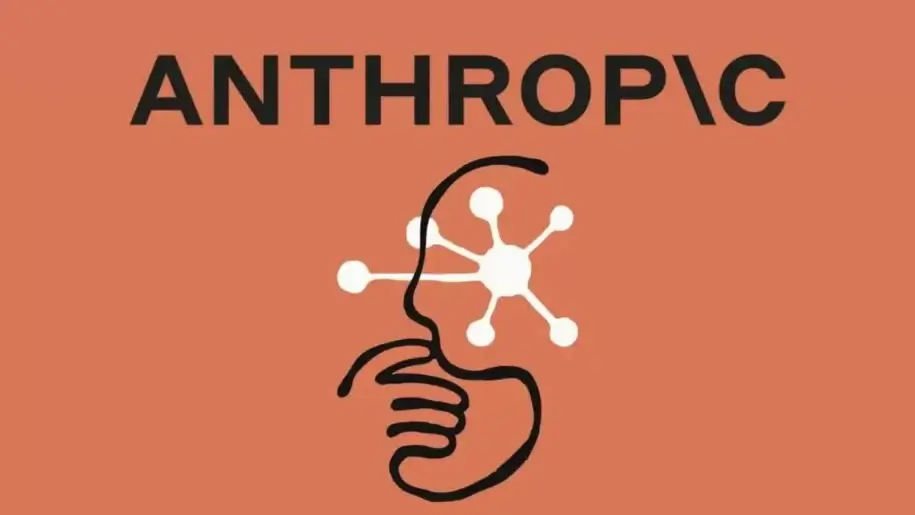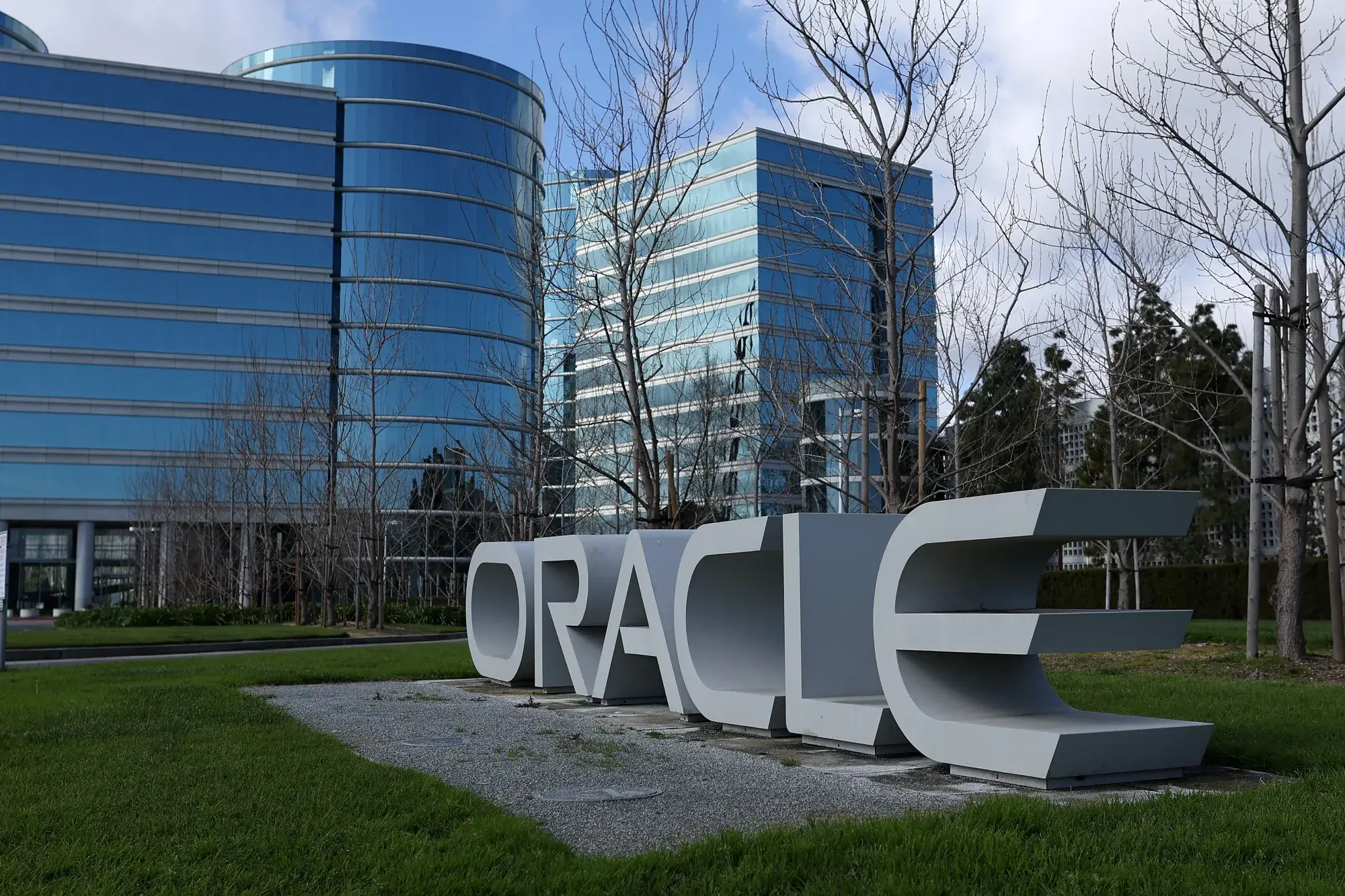Two of Japan's leading newspaper publishers, Nikkei Inc. and The Asahi Shimbun Co., have jointly filed a lawsuit against the U.S.-based AI startup Perplexity AI in Tokyo District Court. The lawsuit, initiated on August 26, 2025, seeks approximately $30 million in damages (¥2.2 billion each) and an injunction against further unauthorized use of their content.
The core of the dispute revolves around allegations that Perplexity AI has been illicitly copying, storing, and repeatedly using the publishers' news articles without permission since at least June 2024. The publishers claim that Perplexity has been scraping and retaining full-text articles directly from their servers. They also allege that Perplexity AI has been bypassing technical measures implemented to block unauthorized access to their content.
Nikkei and Asahi assert that the AI platform has presented false information as fact, while attributing these errors to their publications, causing reputational harm. In a joint statement, the publishers described Perplexity's conduct as "large-scale, ongoing free riding on article content that journalists have spent immense time and effort to research and write". They argue that this undermines the foundation of journalism, which is committed to conveying facts accurately.
This legal action is not an isolated incident, but rather part of a growing trend of disputes between media organizations and AI companies over copyright and content usage. It comes just a day after Perplexity AI announced a new revenue-sharing plan for publishers. The "Comet Plus" subscription, priced at $5 per month, aims to provide users with premium content from trusted publishers and journalists, with publishers receiving 80% of the revenue, drawn initially from a $42.5 million pool. However, this equates to roughly $4 per subscription for publishers to turn over their entire library, a figure significantly lower than the $20 to $30 many newspapers currently charge for access.
Perplexity's current Publisher Program offers shares of ad revenue that a publisher might have received if users clicked on their articles directly, instead of reading Perplexity's summary. These initiatives have been perceived by some as an attempt by Perplexity to appear above board, especially in light of previous reports of the company scraping website content without authorization.
Earlier in August 2025, reports emerged suggesting that Perplexity had deployed web crawlers to circumvent robots.txt files and firewalls, impersonating Google Chrome with generic browsers and rotating through IP addresses not directly linked to the company. Furthermore, in the summer of 2024, Perplexity faced accusations from Forbes and Wired for allegedly scraping and republishing their content without permission.
The lawsuit filed by Nikkei and Asahi seeks not only financial compensation but also a court order requiring Perplexity to remove all stored articles. The outcome of this case could have significant implications for the relationship between AI companies and news publishers, potentially shaping the future of content usage and copyright in the age of artificial intelligence. Similar cases have been filed against OpenAI by Indian publishers and news agencies, highlighting the global scale of this issue. Additionally, Dow Jones and the New York Post have also filed cases against Perplexity.



















